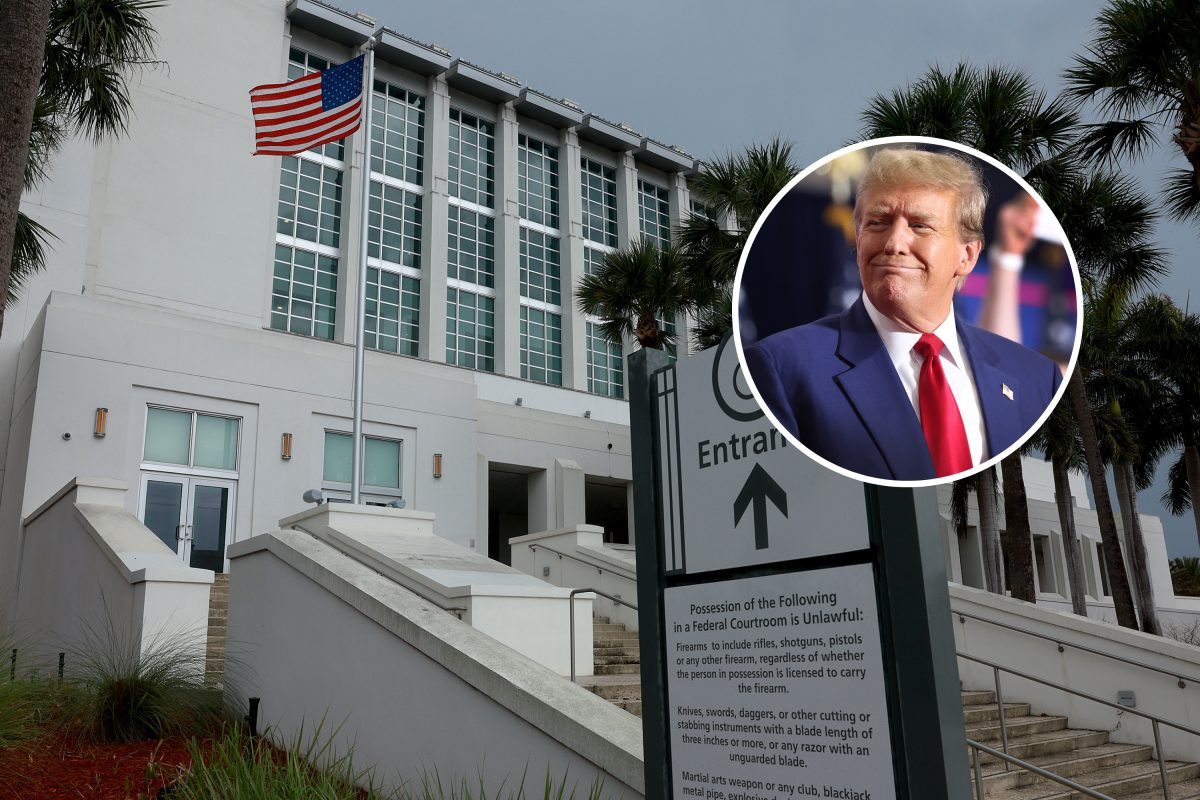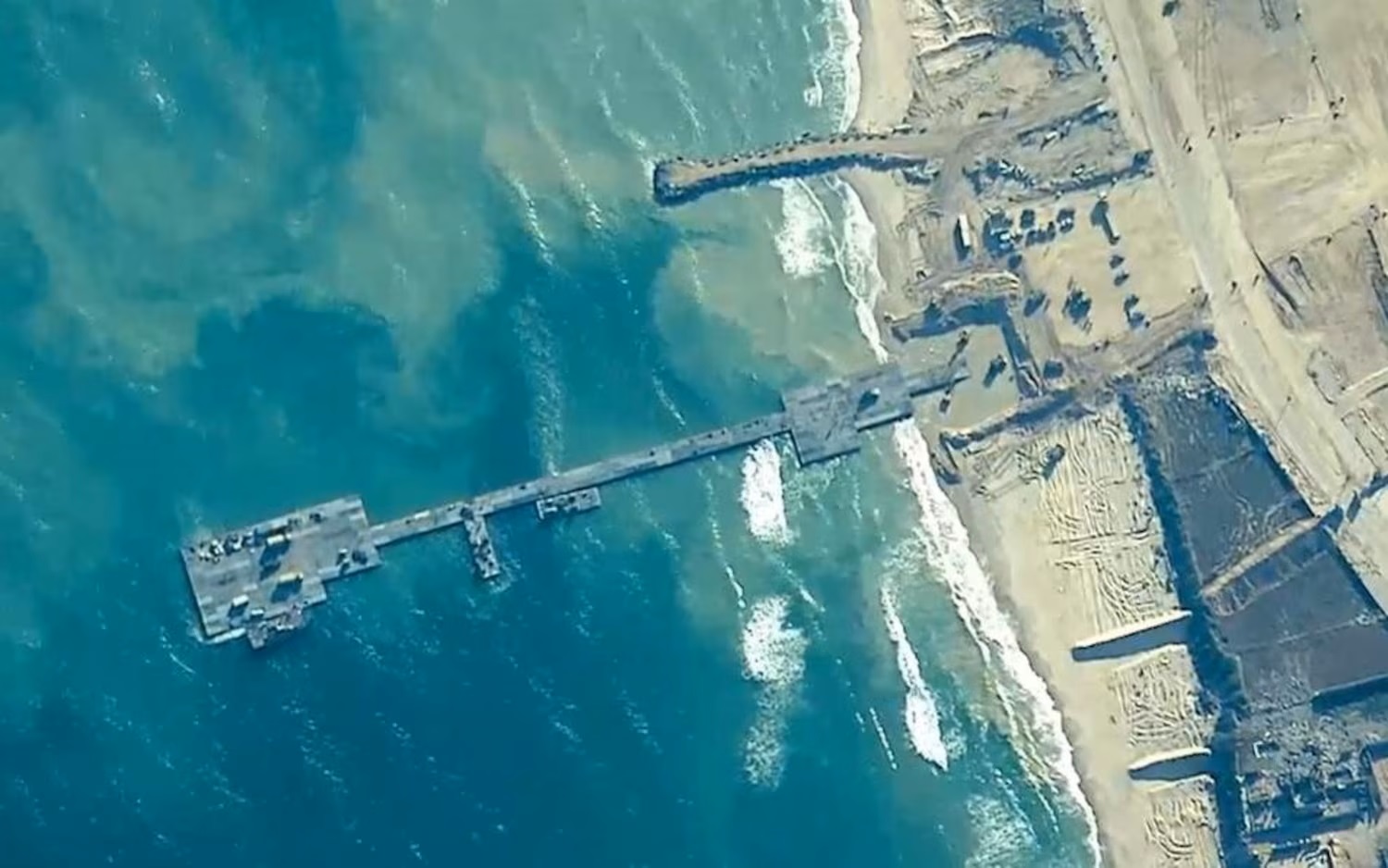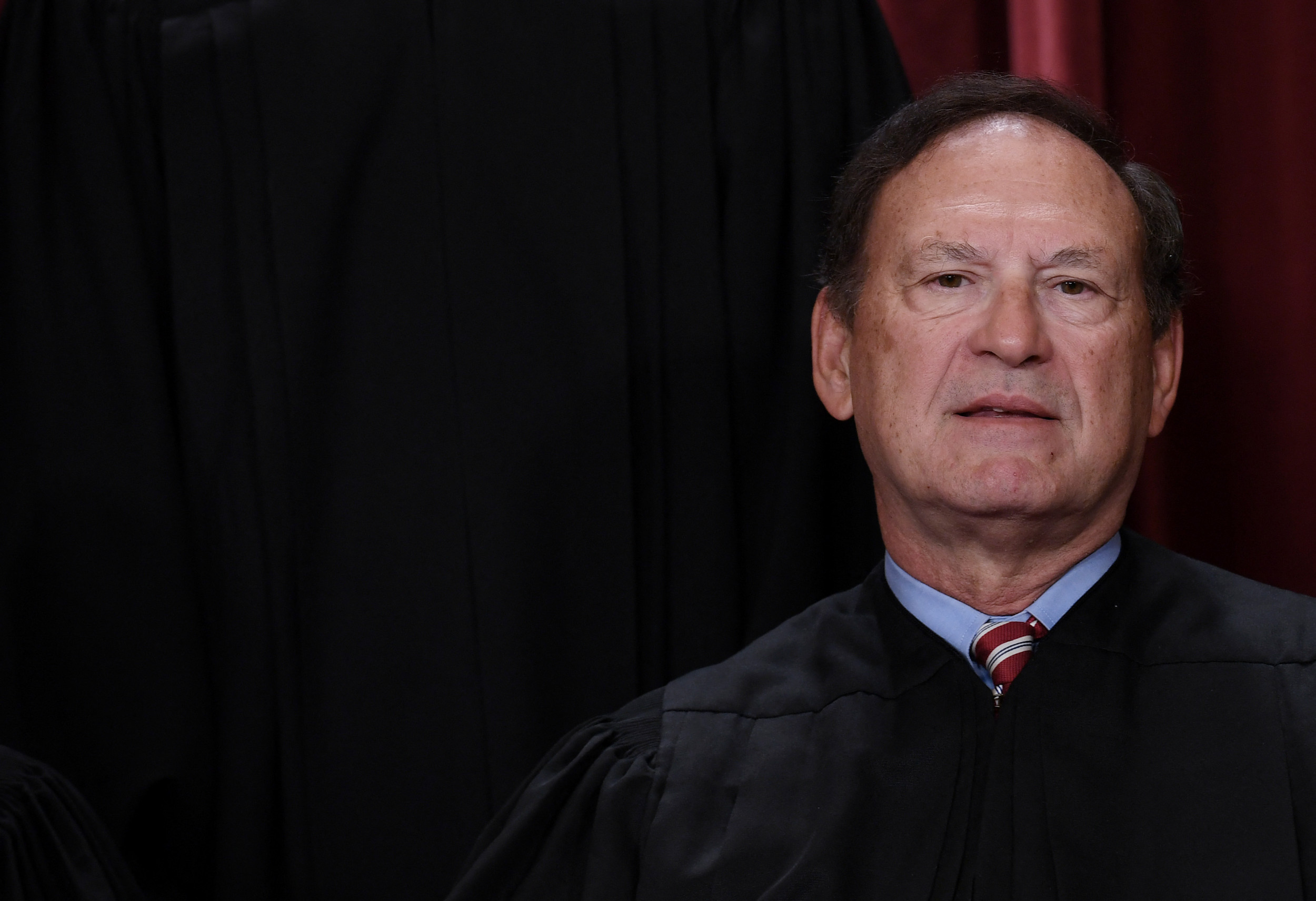A former U.S. attorney and federal prosecutor has said the issues surrounding recent rulings by the judge in Donald Trump's classified documents trial "are far from over" as they "are not the rules lawyers are used to seeing applied in a courtroom."
Writing in her Civil Discourse blog on Sunday, Joyce Vance said that while Judge Aileen Cannon, a Trump appointee, had turned down the former president's legal team's request to dismiss the case based on the Presidential Records Act, she had left "ambiguity" as to whether the act could be applicable in the case. Federal prosecutors argue it should not.
The MSNBC legal analyst contended that Cannon's decisions meant that "one way or another, on one issue or another, this case is very likely headed to the 11th Circuit before trial," as the prosecution was likely to appeal the outstanding issues to a higher court.
A spokesperson for the U.S. District Court for the Southern District of Florida, which was approached by Newsweek on behalf of Cannon, declined to comment, citing the active legal proceedings.
The case in Florida regards the retaining of classified documents at Trump's Mar-a-Lago resort, which were recovered during an FBI raid on the property in 2022. Of over 13,000 documents seized, 103 were deemed to be classified.

The documents were thought to have been kept by Trump after he left the White House. Federal law treats classified documents as property of the U.S. government and so must be turned over for archiving when a presidential term ends.
The Florida case is one of two brought against Trump by Special Counsel Jack Smith. The other, in Washington D.C., relates to allegations the former president attempted to overturn the results of the 2020 election, which saw President Joe Biden elected.
In all the cases against him, Trump denies any wrongdoing and has pleaded not guilty, He has described them as politically motivated.
The former president is accused in the classified documents case of violating the Espionage Act, but his legal team has argued that the case should be thrown out as the Presidential Records Act gave Trump the power to designate classified material as personal records.
However, Vance and others have said that the act has no relevance to the Espionage Act charges, which makes it illegal to have "unauthorized possession of...any document...relating to the national defense."
The issue is one of several that Cannon has yet to resolve, prompting claims that she may be intentionally slowing the progression of the case, which is due to begin in late May. Were Trump to win the presidential election in November, he could instruct the Justice Department to drop the case.
After Cannon asked Smith to provide her with jury instructions on the application of the Presidential Records Act, the special counsel's office on Tuesday issued a response in which it asked her to clarify her position on the matter.
If she was not willing to reject claims relating to the Presidential Records Act, she "should make that decision clear now," Smith wrote, so he could appeal the decision before the case reached trial and an appeal was precluded due to double jeopardy—which prevents someone from being tried again on the same charges following an acquittal.
On Thursday, Cannon issued a memo in which she denied Trump's motion to dismiss, but criticized Smith's request as "unprecedented and unjust."
She said her instructions should "not be misconstrued as declaring a final definition on any essential element or asserted defense in this case," but was "a genuine attempt, in the context of the upcoming trial, to better understand the parties' competing positions and the questions to be submitted to the jury."
Vance said it was "bizarre" for a judge to request jury instructions this early on in the lead-up to a trial while there were still pre-trial motions to assess, the outcome of which could affect those instructions.
She went on to argue that Cannon was using the demand "seemingly as a way of avoiding ruling on Trump's motion to dismiss the case under the [Presidential Records Act]."
Vance said that Smith was keen to get a ruling on the applicability of the act in the case so that he could appeal "a clearly erroneous decision" before the case reaches trial and an acquittal on such a basis would be final.
"Judge Cannon has repeatedly given herself wiggle room by putting off a ruling until trial gets underway," the former U.S. attorney wrote. "If she rules in Trump's favor once the trial is underway, that's it."
As such, Vance suggested, prosecutors will have to form a strategy for forcing Cannon into making pre-trial decisions or appealing to a higher court, as "it's difficult to believe that, at this point, any panel of 11th Circuit judges wouldn't believe the judge needs to step aside."
Update 4/8/24, 10:15 a.m. ET: This article was updated to a response from the U.S. District Court for the Southern District of Florida.
Uncommon Knowledge
Newsweek is committed to challenging conventional wisdom and finding connections in the search for common ground.
Newsweek is committed to challenging conventional wisdom and finding connections in the search for common ground.
About the writer
Aleks Phillips is a Newsweek U.S. News Reporter based in London. His focus is on U.S. politics and the environment. ... Read more





